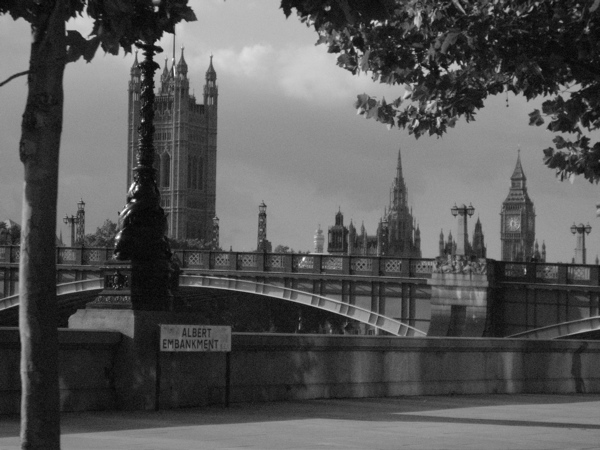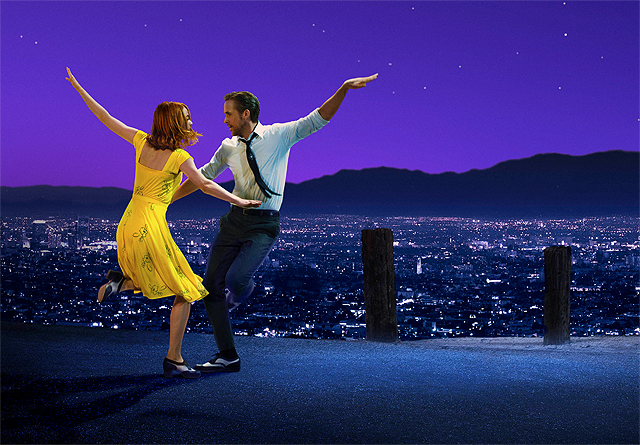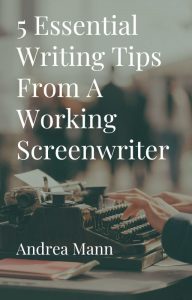I live just half a mile from the Houses of Parliament. I wasn’t sure what to write about this week’s horrific attack… So I thought I would just post what I wrote on Facebook about it…
 I wouldn’t normally mark myself as ‘Safe in an attack’ but I live just half a mile from the Houses of Parliament – and this afternoon was working just around the corner from them, doing my regular Wednesday afternoon shift at the wonderful Abbey community centre (named after Westminster Abbey): a hub for local residents and workers in the area, just yards from Parliament Square.
I wouldn’t normally mark myself as ‘Safe in an attack’ but I live just half a mile from the Houses of Parliament – and this afternoon was working just around the corner from them, doing my regular Wednesday afternoon shift at the wonderful Abbey community centre (named after Westminster Abbey): a hub for local residents and workers in the area, just yards from Parliament Square.
I always think I’m lucky to live so close to Westminster. I can’t get over the fact that on a very still night, we can hear Big Ben’s chimes from our living room; that I can walk less than 10 minutes, and there it is as I turn the corner: the mother of all parliaments, in all its gothic glory. I walk past it – and over the Westminster Bridge crossing to Whitehall – a dozen times a week, at all times of the day or night. It’s no coincidence, I’m sure, that I’ve got involved in politics since going past this place so often: I’ve seen MPs and advisers and staff and others coming to and fro from what it surely the most beautiful office building in the country, and our Parliament has thus become very real and tangible.
 What were you doing in 1988? Apart from enjoying Rain Man, A Fish Called Wanda and Rick Astley’s ‘Never Gonna Give You Up’? I was 17 years old and also enjoying all of the above – as well as studying for A-levels at a comprehensive school in the West Midlands, wearing clothes which ran the full colour palette from black to grey, and sporting a frankly spectacular perm.
What were you doing in 1988? Apart from enjoying Rain Man, A Fish Called Wanda and Rick Astley’s ‘Never Gonna Give You Up’? I was 17 years old and also enjoying all of the above – as well as studying for A-levels at a comprehensive school in the West Midlands, wearing clothes which ran the full colour palette from black to grey, and sporting a frankly spectacular perm.
